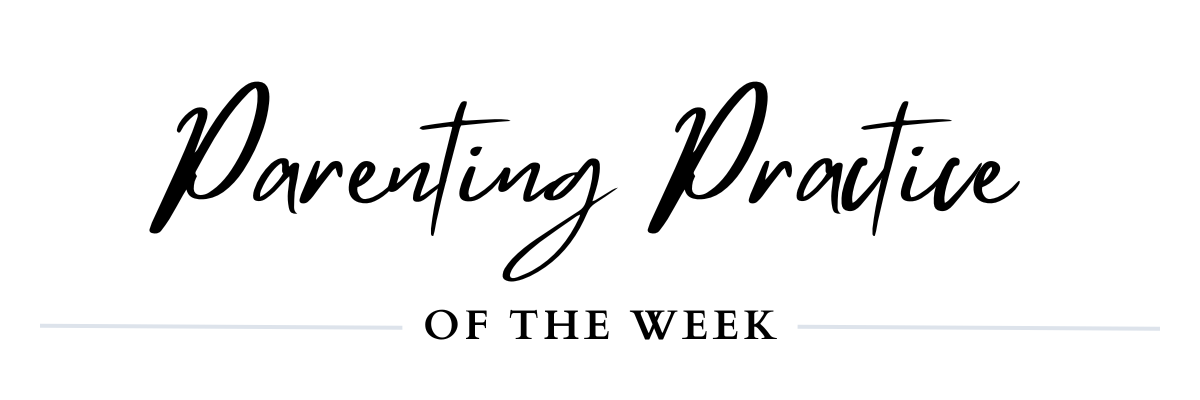The 90-Second Rule

Did you know that the natural lifespan of an emotional reaction is just 90 seconds?
Harvard brain scientist Dr. Jill Bolte Taylor explains that when an emotion is triggered, a chemical process unfolds in the body that lasts about a minute and a half. After that, any continuation of the emotion is no longer physiological…
It’s something we’re sustaining with our thoughts.
We ruminate. We avoid. We resist. We interrupt the natural process instead of allowing it to move through us.
And when we witness our children having an emotional reaction, we often respond in the same way we've been taught to respond to ourselves.
We try to manage it. Fix it. Control it. Sometimes, we step in with lessons or lectures before the emotional wave has even passed.
When a child is overwhelmed, melting down, yelling, or crying over something that may not make sense to us, it's easy to say:
- "Why don’t you just...”
- “We don’t throw things in this house.”
- “Come on, it’s not a big deal.”
But in moments of big emotion, the brain isn’t in a state to learn.
What your child needs most isn’t a correction.
They need a life raft.
A calm, steady presence.
A parent who can stay grounded and offer connection in the middle of the storm. And once that storm has passed… the teaching can begin.

Ride the Wave, Lesson After
When your child is emotional, focus on connection, not correction.
Start by noticing how you feel.
How stressed are you watching your child unravel?
What are you believing about yourself (or about them) in this moment?
Then pause. Breathe. Wait.
The lesson can wait.
The more present you become, the more you can offer your child your calm. And when the emotional wave passes, you can return to the moment with gentleness and clarity.(Often, the lesson arrives on its own.)
Why It Works: When a child is in a heightened emotional state, the prefrontal cortex, which is the part of the brain responsible for logic and problem-solving, is offline. That means they’re not in a place to take in new information or guidance.
Trying to correct behavior in the heat of the moment can feel more like shame than support. When we wait, we create space for our children to receive our presence and for us to respond with greater empathy and insight.
Through the Coach Lens: At Jai, our coaches are trained in nervous system science and the dynamics of the parent-child connection. They help parents recognize their own regulation patterns so they can stay grounded when things get hard.
When parents can hold steady during moments of stress, they unlock a powerful kind of freedom:
The freedom to respond rather than react.
The freedom to anchor, rather than control.
Your nervous system might tell you the problem needs to be solved right now…
But it doesn’t.
When you offer your calm presence, they learn to ride the wave.
So next time, pause. Breathe. Be with them in the moment before you try to solve, fix, or teach.
Share This Article:
Curious for more?














